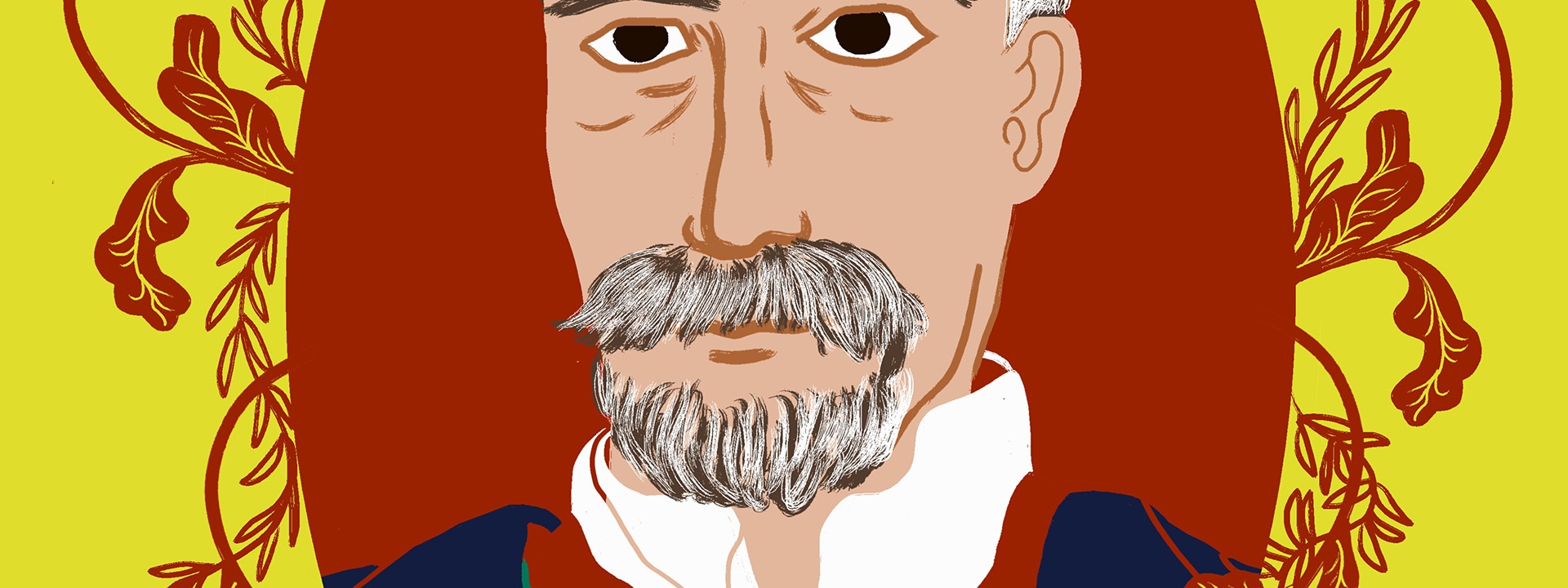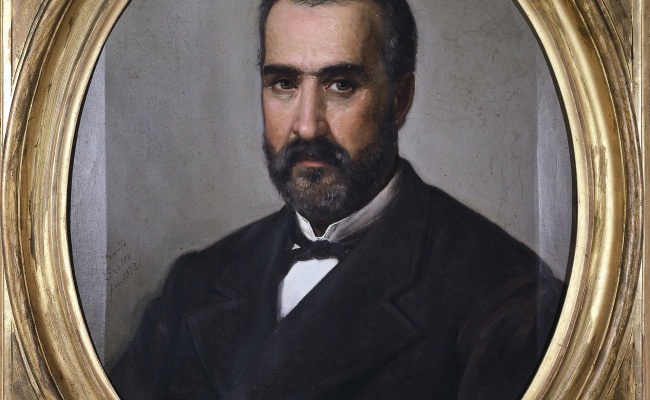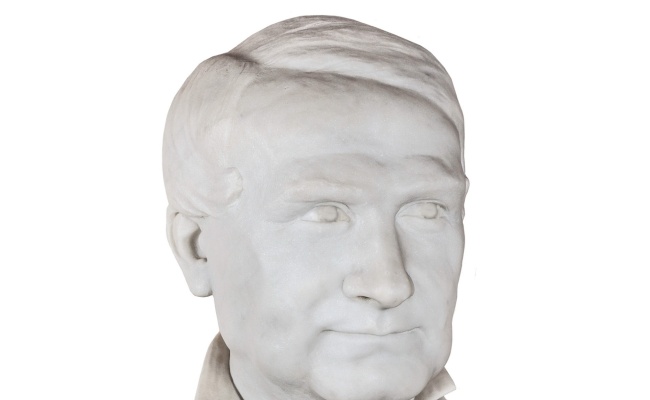Giorgio Asproni (b. 5 June 1808, Bitti–d. 30 April 1876, Rome) was an Italian politician and one of the most important figures in modern Sardinian history and the Italian Risorgimento (a movement for the unification and independence of Italy, achieved in 1870).
Giorgio Asproni
Description
After graduating with a degree in Law from the University of Cagliari, he took up the ecclesiastical life as wished by his uncle, Canon Melchiorre Dore.
He became canon penitentiary of Nuoro, where he taught moral theology.
In 1847, with the emergence of his democratic ideas and criticism of and hostility towards the Nuoro clerical environment, he decided to leave the priesthood and radically change his life, devoting himself to what would from then on be his chief activity until the end of his days: politics.
He served as an elected official from 1849 to 1876 and worked as a representative in the Subalpine Parliament, within which he laboured tirelessly to make republican principles, as well as those of laicity and autonomy, part of the national debate and Italy’s institutional heritage.
In 1860, he was part of the Expedition of the Thousand, joining Giuseppe Garibaldi first in Palermo and then in Naples.
In 1864, Giuseppe Mazzini tapped him to edit the political newspaper Il Popolo d'Italia, a post which he held until the following year.
His journalistic activity was of great import, and he contributed to numerous Italian and Sardinian newspapers.
His skill as a writer was also expressed in his Diario politico, published posthumously in seven volumes, which remains a key work for understanding the Italian Risorgimento.
Asproni was known for his ties to Masonry, and he became a member of the new Florentine lodge ‘Universe’ in 1867.
 Nuorese Cultural District
Nuorese Cultural District

